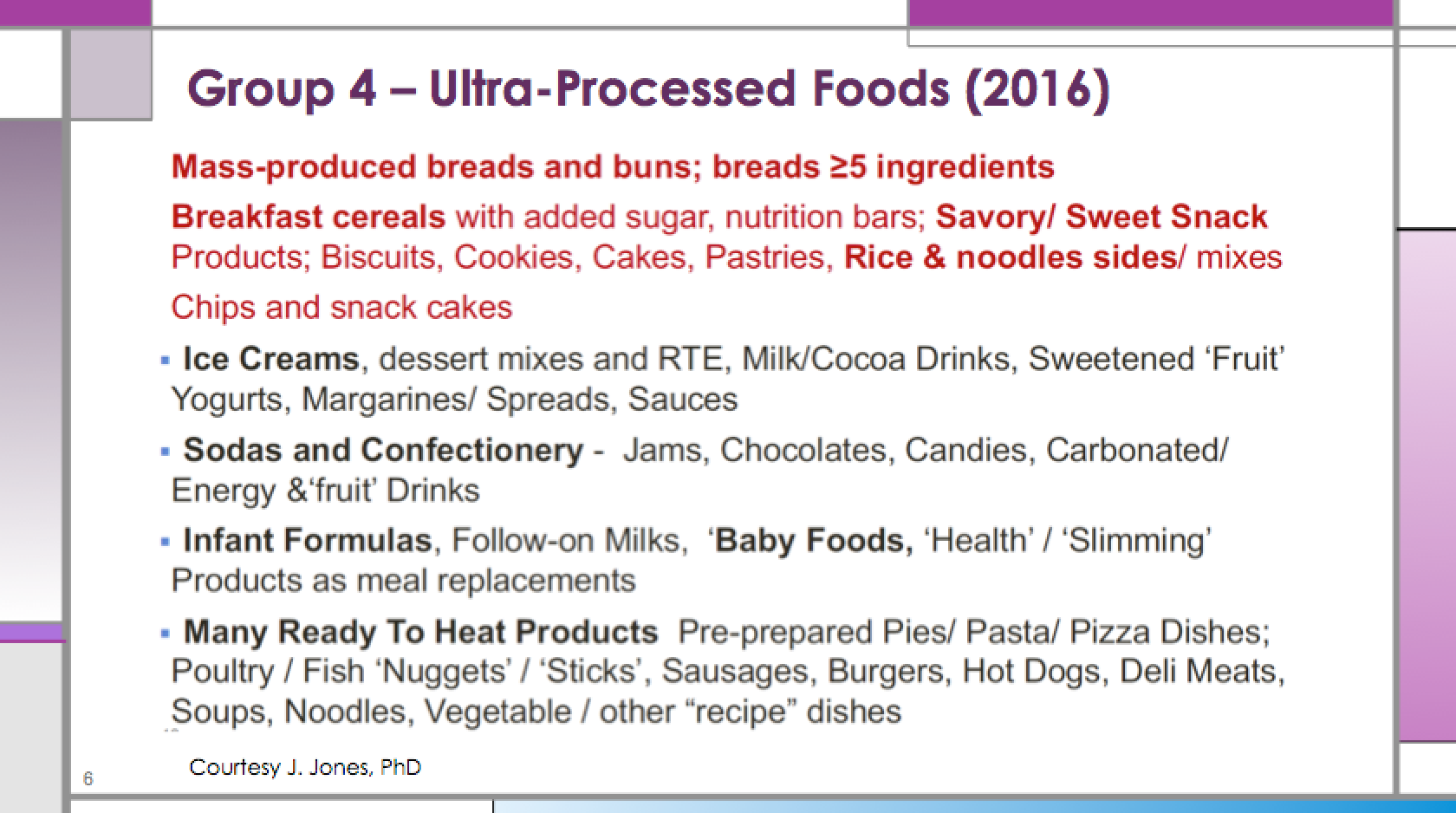Home » Heated and THI Webinar The Truth About Plant-Based Meats 5 Takeaways
Heated and THI Webinar The Truth About Plant-Based Meats 5 Takeaways

Plant-based meats are obviously better for animal rights, but replacing a beef burger with a Beyond burger isn’t going to save the planet from climate change.
There’s no question that picking up a burger that didn’t involve animal suffering as a main ingredient is a win for animal rights activists.
It’s a fact that cattle contribute largely to greenhouse gas emissions, so many argue that switching from beef to Beyond could be a major way to alleviate climate change. Nutritionist PK Newby calls plant-based meat “an incredible opportunity to incorporate more plants into the diet in a way that is far better for the planet.” Environmental physician Gidon Eshel agrees that alt-meat is supremely better than beef for planetary health. But, there’s a caveat:
Vegetables are better for the environment than plant-based meats.
Grilled local vegetables or a homemade lentil patty are both far superior, environmentally speaking, than the Impossible Burger. Why? Because the processing it takes to make plants literally bleed requires a lot of production. Plant-based burgers go through the same transportation and industrial processes as beef.
“I have no problem at all for my plants to taste like plants,” Katz says. So if you are someone like Katz who is comfortably vegan or vegetarian, maybe don’t immediately reach for the Impossible Burger thinking it’s a win for environmentalism (not to mention, chemical dependent soy relies on farming practices that aren’t particularly good for the planet).
Eshel suggests that we should think about environmental impact in five categories: greenhouse gas emissions, energy use, land occupation, freshwater use, contribution to water pollution on land, and the coastal ocean.
“It’s really not a good reason to change your diet just simply based on greenhouse gas emissions,” Eshel says. “Plants require only 2 to 3 percent of greenhouse gases. All of livestock accounts for about 7 percent of U.S. portfolio of emissions. Even if you reduce it significantly, the difference is modest.”
Plant-based meats are ultraprocessed, but beef has a hefty ingredient list, too.
Human health is the most highly contested discussion surrounding new alternative meats. Newby shared an infographic that shows how similar the ingredient lists are on an Impossible, Beyond, and a beef burger. The stand-out difference in terms of nutritional value is that meatless meats have more sodium: around 190 mg for Impossible, 390 mg for Beyond, and 80 mg for beef, give or take on the latter.
We should not be fooled by “healthy” advertising: Plant-based meat is an ultraprocessed food. Katz and toxicologist Roger Clemens both point to the NOVA classification scale to show how ultraprocessed was added as a distinct category from processed food in 2016 (see Clemens’ slide below). While many forms of food processing are beneficial, ultraprocessed food is hyper-palatable, cheap, attractive, ready-to-eat food that’s usually energy-dense, fatty, sugary, salty, and addictive. Basically: junk.

But food processing is not just “black and white,” Newby points out. “Not all ultraprocessed food is evil,” she says, citing bread. “It’s the whole diet that matters.”
It’s important to make clear that meat alternatives are a nutritional dilemma of the global north. Clemens reminded us how food processing provides safer food for many people around the world, like the impoverished communities he worked with in Africa or when he served in the military.
The health impacts of plant-based meat are TBD.
Newby believes that plant-based meat is healthier than beef, but not for the reasons you might assume. “One, meat carries the highest degree of foodborne illness than any of the food groups: E.coli and salmonella in particular. Two, meat is directly related to antibiotic resistance in the human population, which is a growing public health problem,” she explains.
But is a Beyond Burger healthier than a salad? Nope.
Another common argument against plant-based meats is that they don’t contain a lot of vital nutrients you can only get from animal products. Katz debunked this, saying that there are nutrient limitations to any modern diet. Yes, B12 is a necessary vitamin only found in animal products that vegans miss out on, but at the same time, meat- and cheese-laden diets are deficient in fiber. That’s why supplements exist: to fill in the gaps of modern dietary constraints.
“The more important question than a nutrient,” Katz says, “is the overall effect of health over a lifespan of a particular dietary pattern.”
If you’re a carnivore, switching from a beef burger to a plant-based burger is a good thing for your health, the health of the planet, as well as animals. But if you are comfortable with plants tasting like plants, just stick to unprocessed vegetables and grains.
Throughout the webinar, Katz circled back to the question, “What is the population-level impact of shifting from meat to meat alternatives?”
While it is still too early to really tell, consumer reports show that people like to have the option to eat plant-based meat without having to compromise taste. These alternative meats are meeting a need: People want to eat what tastes good to them, but also we as a planet need to seriously reduce our environmental damage.
“We are allowing people to have their burger and eat it, too,” Newby says.
At the end of the webinar, panelists took a look at the big picture regarding how plant-based meat affects the population. Newby clarifies, “We are talking about an escalating taste for meat in places like China that is going to further decimate our environment. So when we see things like Impossible and Beyond going to places like Singapore to Hong Kong and people eating them, I can think of very few things more exciting and more pivotal or disruptive in order to move the needle on climate change.”
Juliette Luini is a writer, researcher, and independent podcast producer. She will be attending the Salt Institute for Documentary Studies in Portland, Maine, this fall.

